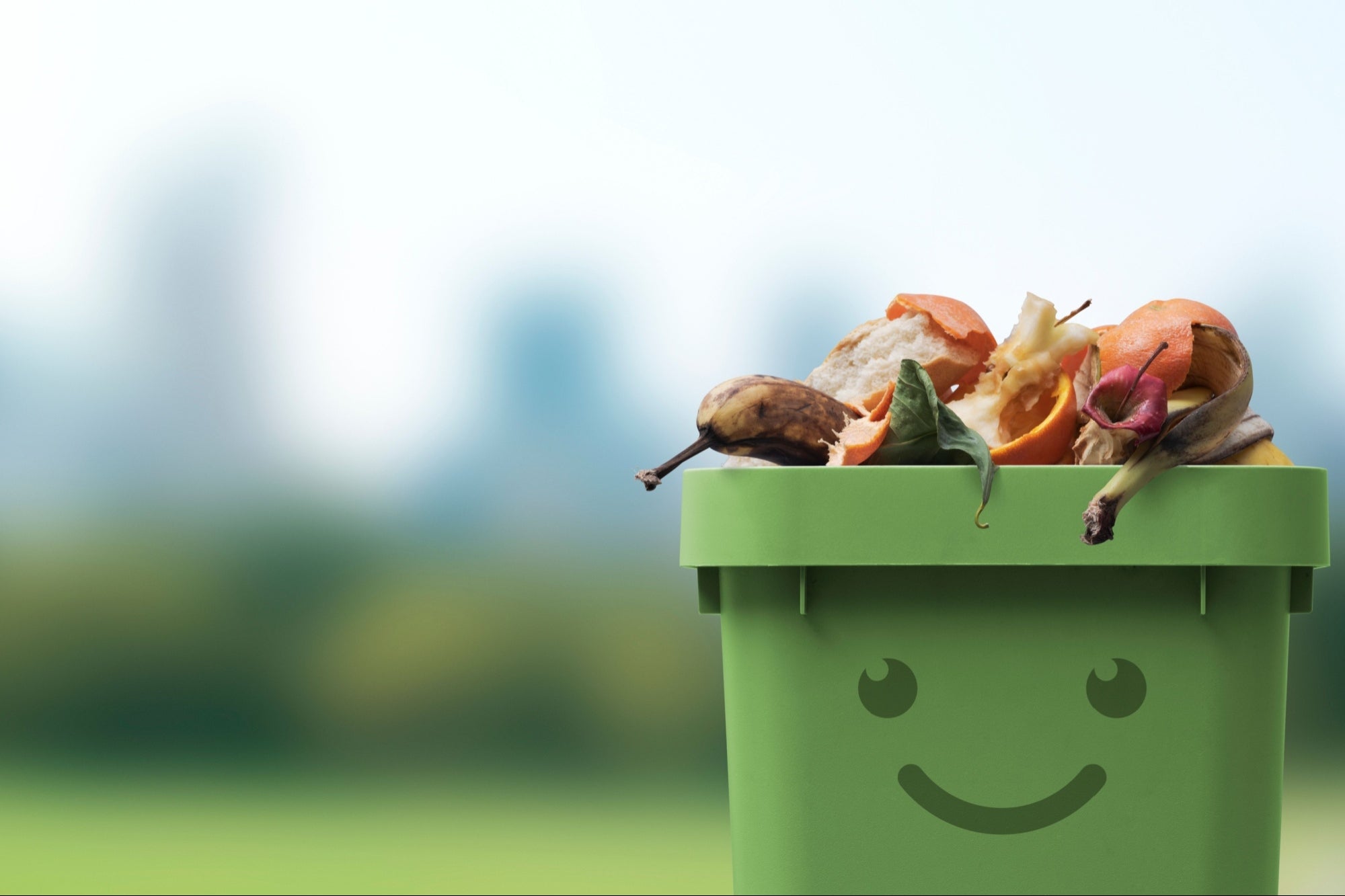Rethinking Sustainability: The Real Environmental Cost of Food Waste and What Torus Pak Is Doing About It Most people are conditioned to feel guilty about plastic. But what if they have been focusing on the wrong enemy? According to Rickard Gillblad, founder of Torus Pak, "Food waste is, on average, several times more harmful to the environment than plastic waste." The claim is backed by research.
Edited by Entrepreneur UK
You're reading Entrepreneur United Kingdom, an international franchise of Entrepreneur Media.

Gillblad references life cycle assessments and GWP (Global Warming Potential) coefficients, a standard tool for comparing environmental impact. Polypropylene, the plastic used in Torus Pak trays, has a GWP coefficient. Food waste carries a significant amount of GWP on average, depending on the mix of discarded meat, vegetables, and starches. In essence, food waste pollutes significantly more than the plastic packaging one obsesses over.
This insight is at the heart of Torus Pak's environmental mission. The company has built its model not merely on elegant, portioned packaging, but on its role as a method for radically reducing food waste at scale. "The real impact," says Gillblad, "comes from portion control, centralized cooking, and ensuring that food is eaten, not thrown away."
Torus Pak's impact is most visible in hospitals, where food service is a high-stakes operation. According to the company, when one of the hospitals in Heidelberg transitioned to portion-packed frozen meals, it reduced food injected into the system by a significant percentage, a proxy for a staggering drop in food waste. But there is a catch. Patient satisfaction is plummeting when meals are served in cold, impersonal containers.
Torus Pak has resolved that tension with a deceptively simple trick: a base-removal tray that allows food to be served as if it were freshly plated, restoring dignity and appetite while maintaining efficiency. The result? Waste reduction without compromise.
This is not just a clever design feature but a strategic sustainability solution. "We are not just packaging food," says Gillblad. "We are redesigning how it's cooked, distributed, and consumed."
In environments with acute staffing shortages, such as hospitals and long-haul transport, centralized meal production becomes not only desirable but necessary. Torus Pak makes it possible to prepare meals far in advance, freeze them, and distribute them across geographies without degrading the experience. The potential environmental and operational savings are immense.
Critically, this method enables food to be delivered in precise, pre-portioned sizes. That can eliminate guesswork, improve inventory forecasting, and minimize spoilage. And as Gillblad points out, the food still tastes and looks great. He observed that people judged the same meal differently depending on how it was presented: as a gourmet when plated professionally, and as institutional when served in basic trays. Torus Pak capitalizes on this psychology to make ready meals more desirable, increasing the odds that they are actually eaten.
Still, some may question the environmental cost of plastic trays, no matter how elegant. But Torus Pak's material of choice, polypropylene, is one of the most environmentally friendly plastics available when considering the lifecycle assessment. As Gillblad emphasizes, "If we didn't use our trays, you would need something else to move the food from the kitchen to the table." In short, plastic is not the problem; waste is.
The company is now expanding into texture-modified meals and drink systems for patients with dysphagia, another step toward inclusive, efficient nutrition and hydration. Its new product line, "Thick and Thin," delivers precise consistencies of texture-modified liquid drinks using a proprietary dispenser. The goal? Dignified, targeted nutrition with minimal waste.
In an age where "sustainability" often means marketing buzzwords, Torus Pak offers a rare thing: a measurable, mechanical solution to a documented global issue. Food waste is not just a kitchen problem; it's a planetary one. Torus Pak's innovation addresses it at the source, by giving people a reason to finish their plates.
In Gillblad's view, environmentalism doesn't need to be inconvenient. "The best sustainability solutions don't ask people to sacrifice," he says. "They just work better." Torus Pak offers exactly that.











